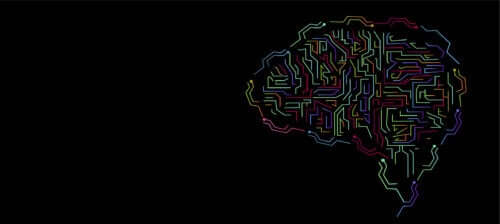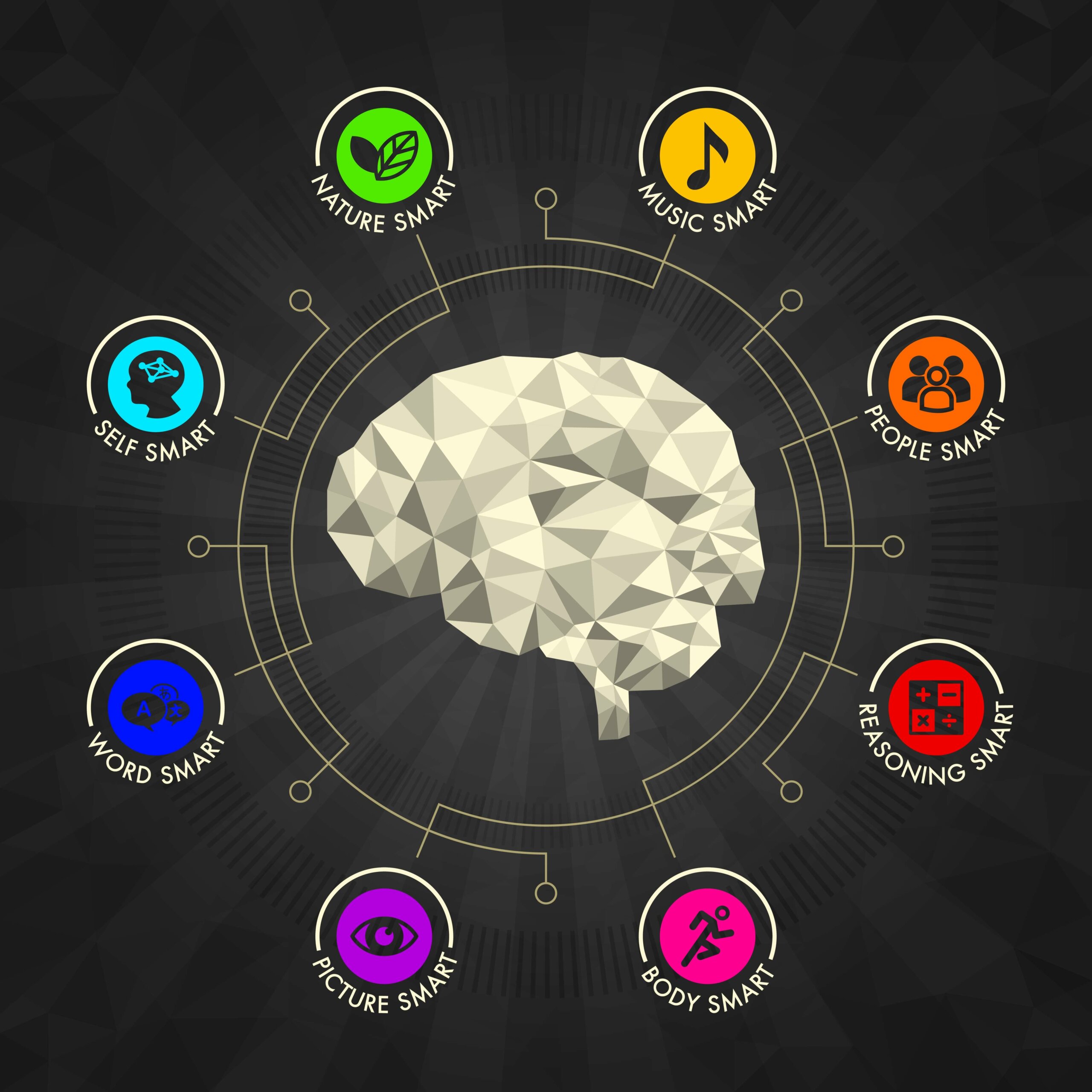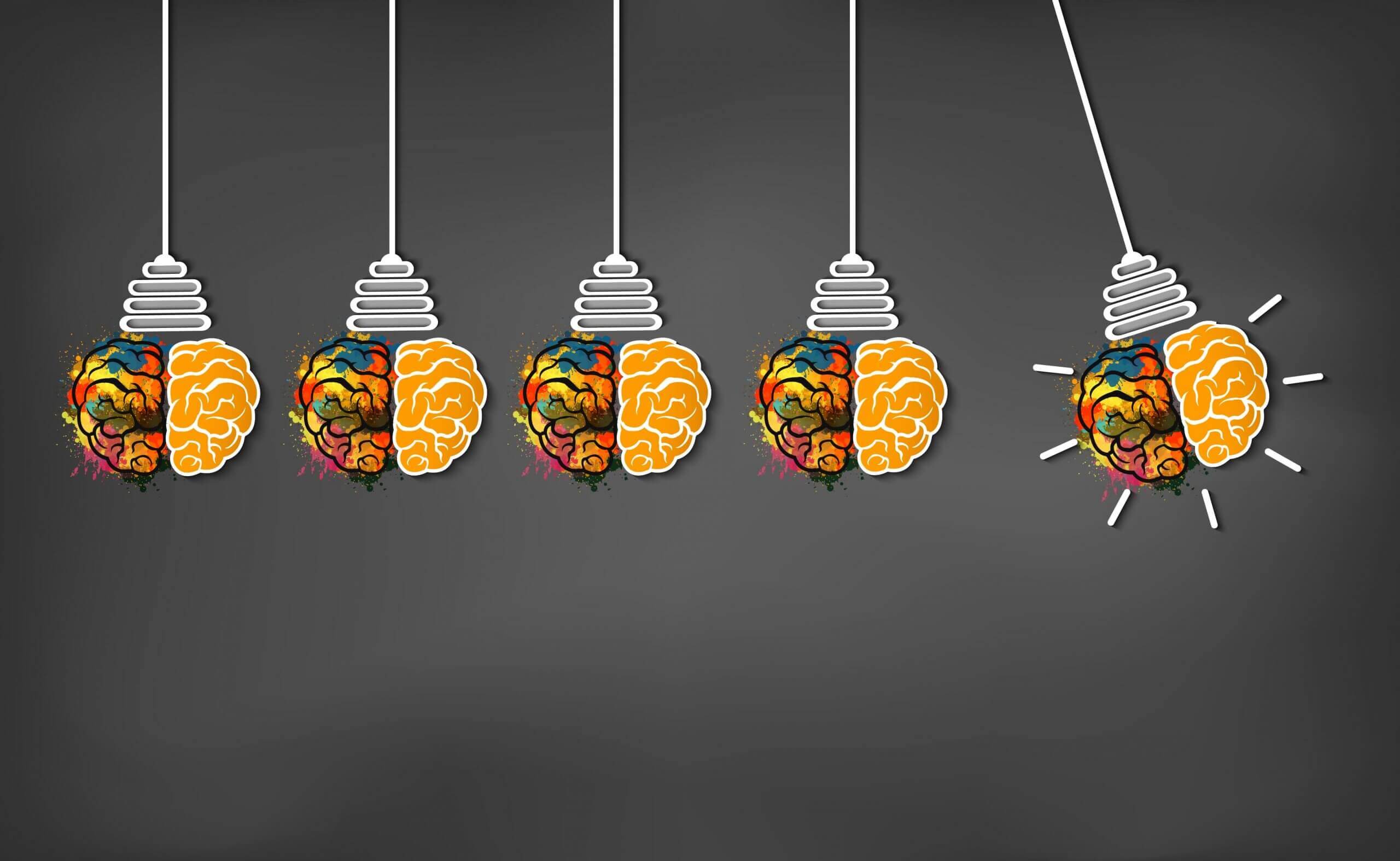The Concept of Intelligence and Its Evolution

You’ve probably heard, or even said yourself, the phrase, “My child’s very smart.” But have you really stopped to think about what the concept of intelligence means and its characteristics are? Have you reflected on whether there is a single general intelligence or several types?
Today, we want to give you the answers to these questions. In the article below, you’ll discover what the concept of intelligence consists of and how it has evolved over the years.
What is intelligence?
According to psychologist Howard Gardner, the concept of intelligence “involves the ability to solve a problem or make products that are important in a cultural context.”

However, when we speak of intelligence, we need to keep its three basic characteristics in mind:
- First, intelligence depends on innate and learning factors. For one, it depends on the interaction between innate factors, the biological potential that one inherits from their parents. And, at the same time, it depends on the learning opportunities that appear throughout life. In this sense, it’s important to point out that cerebral plasticity, or the brain’s capacity to shape the connections between neurons, makes the adaptation and acquisition of new cognitive abilities possible. And this allows for the optimization of intellectual capacity in order to reach its maximum level.
- Intelligence is dynamic: It’s susceptible to change and depends on the environment in which the person develops. Therefore, intellectual capacity builds on individual experiences as well as family, school, cultural, social, and economic influences.
- Intelligence is multiple: At present, experts recognize the existence of eight different intelligences. While all are independent, each one interacts with and enhances the rest.
However, this hasn’t always been the case. Do you know how the definition of intelligence has evolved over time? We’ll explain below.
The concept of intelligence and its evolution

The concept of intelligence in the 19th century
During the 19th century, the first studies took place regarding intelligence, among which the following stand out:
- Broca, who managed to locate the language area in the brain. This was the first demonstration of the possibility of the physical localization of brain functions.
- Galton, who studied individual differences in people’s intelligence and the importance of heredity in intelligence.
- Wundt, who studied mental processes through introspection. In other words, through reflection on one’s own thoughts.
Early 20th century
At this time, experts assumed that intellectual capacity was unique, stable over time, and quantifiable. So, tests began to be developed to assess intelligence. In this sense, the following authors stand out:
- Binet, who elaborated the first psychometric test to measure intelligence, with tests of linguistic, logical-mathematical content and memory.
- Stern, who proposed the term Intellectual Coefficient (IQ) to score the results of the first intelligence tests.

Over the course of the 20th century
At this time, an interesting debate on the concept of intelligence opened up:
- First, according to the cognitive perspective, intelligence is a complex structure of thoughts.
- At the same time, the genetic point of view claimed that a strong hereditary component impacts intelligence so that a person’s nature would determine their intellectual potentials and limitations.
- Finally, according to the factorial perspective, intelligence is a set of diverse capacities or factors.
The concept of intelligence today
In 1983, Gardner proposed the theory of multiple intelligences, which is still valid today. Thus, this author affirmed the existence of eight different types of intelligence:
- Linguistics.
- Logical-mathematical.
- Spatial.
- Musical.
- Bodily-kinesthetic.
- Naturalist.
- Intrapersonal.
- Interpersonal.
As we mentioned, these eight types of intelligence combine with each other and are used in different degrees. Therefore, in short, we can say that each person has his or her own intelligence profile. In other words, everyone is more competent in some disciplines and less so in others.